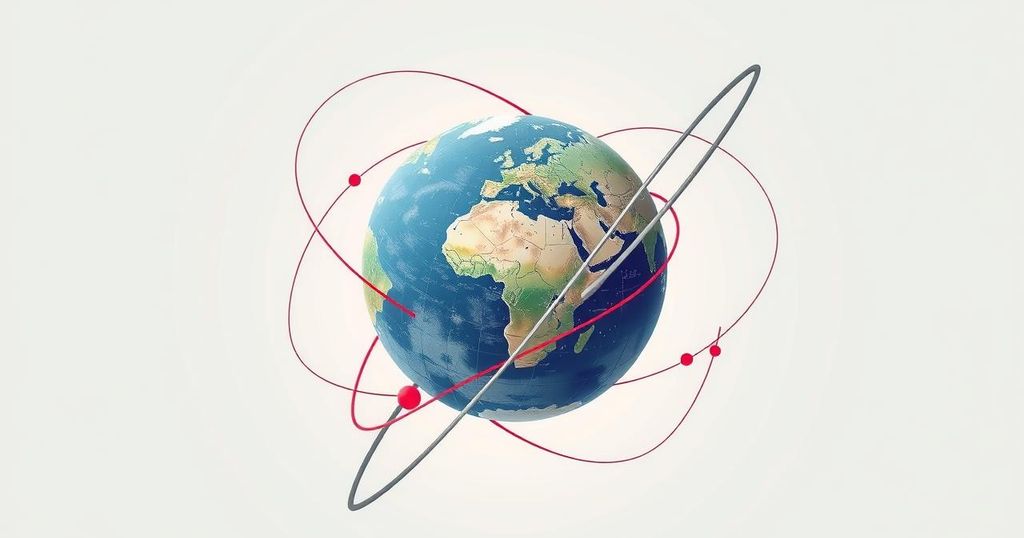Secretary of State Marco Rubio will not attend the G20 talks in South Africa, citing tensions over a land reform law that allows land expropriation without compensation. Trump’s threats to cut aid intensify the diplomatic dispute. Critics warn this absence diminishes U.S. influence and could potentially serve Chinese interests, while South Africa defends its legislation as essential for historical redress.
United States Secretary of State Marco Rubio has decided to skip the Group of 20 (G20) summit in South Africa due to increasing tensions between the United States and South Africa over a contentious land expropriation law. This law permits the government to seize land without compensation under certain conditions, a situation that prompted strong objections from President Donald Trump, who threatened to withdraw aid from South Africa.
Rubio’s announcement coincided with Trump’s remarks accusing the South African administration of unjustly confiscating land and treating certain populations unfairly. He expressed his views on social media, stating, “South Africa is doing very bad things” and remarked that the G20 should not be used to advance agendas like diversity and climate action, suggesting it undermines American interests.
Critics of the Trump administration have responded negatively to Rubio’s decision, arguing that it diminishes U.S. national security and enhances China’s influence. Andrew Bates, a former White House official, articulated the concern, emphasizing that neglecting international forums jeopardizes American interests, summarizing that “if you are not at the table, you are on the menu.”
Academics have noted that Rubio’s decision reflects a broader Republican skepticism toward international institutions during Trump’s presidency. Scholars have pointed to previous withdrawals from international agreements, asserting that Rubio’s absence from the G20 aligns with a pattern of U.S. disengagement from multilateral engagements, which has historically hampered the country’s influence abroad.
South African President Cyril Ramaphosa defended the land reform legislation, asserting it was a constitutional measure aimed at addressing historical injustices in land ownership that stemmed from apartheid. The law is designed to facilitate equitable land distribution while ensuring public access, although it has yet to be implemented.
The issue of land ownership remains deeply sensitive in South Africa, with stark disparities lingering, evidenced by a 2017 government audit revealing that Black South Africans own merely 4 percent of privately owned farmland. Meanwhile, White individuals, who comprise a small portion of the population, continue to dominate land ownership, drawing serious scrutiny to the proposed reforms.
The United States had allocated a significant $440 million in aid to South Africa for the year 2023. However, Trump’s administration has since placed a freeze on most foreign assistance, leaving many staff members of the U.S. Agency for International Development in a state of limbo. This funding freeze and Rubio’s refusal to engage in G20 discussions pose considerable implications for U.S.-South African relations and regional stability.
The article discusses tensions between the United States and South Africa resulting from a land expropriation law passed by the latter country. This legislation allows the South African government to expropriate land without compensation under certain conditions, motivated by addressing the legacy of apartheid land disparities. The law has sparked backlash from U.S. officials, leading to threats of funding cuts and heightened diplomatic tensions.
In summary, Secretary of State Marco Rubio’s decision to skip the G20 summit highlights increasing friction in U.S.-South African relations, exacerbated by the controversial land expropriation law. Critics argue that this disengagement from international discussions could weaken U.S. strategic interests. As South Africa grapples with land reform and historical inequities, the implications of these political stances will likely ripple across diplomatic and economic landscapes.
Original Source: www.aljazeera.com






